
Featured Navigation Links
Literature
Major | Minor
Creative Writing
Major | Minor
Writing Studies
Minor
Get Involved
Faculty & Staff
Internships & Careers
English & Creative Writing
Read, Write, Create, Make a Difference
Whether you’re an avid reader, aspiring writer, or somewhere in between, Seattle University’s English Department has a place for you. With courses in literature, creative writing and writing studies we prepare you to read, write and create in a powerful way, while providing you a foundation to pursue and be successful in a variety of careers.
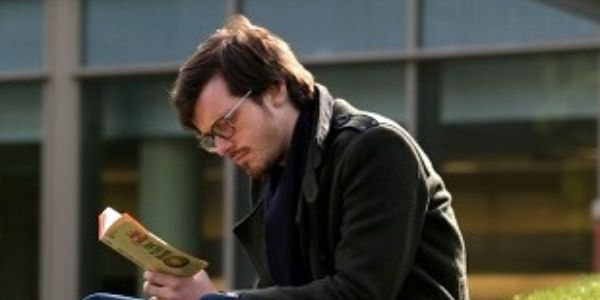
English / Literature
Dive into cultural and literary inquiry as you grapple with the complex questions of justice and value that arise from a range of texts spanning various historical periods and the globe.

English / Creative Writing
Great writers are strong readers: become both — with a curriculum that blends the skills of literary study with the craft of creative writing.
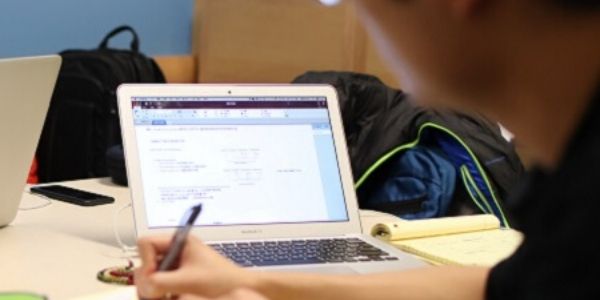
Writing Studies
Strengthen your rhetorical awareness and practical skills with this minor, as you study different genres of writing, forms of argumentation, and traditions of persuasion.
Through the study of different perspectives and voices in literary texts, you will develop a broad and deep understanding of a range of human experiences and expressions, so you can make a difference. With a passionate and dedicated faculty as well as several student-run organizations and study abroad opportunities, you will find both a support system and the tools to achieve your goals.
Designated a UNESCO World ity of Literature, Seattle booms with passionate readers, writers and thinkers. With a campus nestled in the heart of Capitol Hill, you are just steps away from cinemas, theaters, iconic literary sites and more. Grab coffee at a local café as you study before a poetry reading or support a local author by buying their book at Elliott Bay Book Company.
Degree Benefits
- Small class sizes
- Personal attention from faculty
- Development of disciplinary, interdisciplinary, and intercultural literacies
- Cultivation of critical thinking, creative thinking, reflection and insight
- Study abroad opportunities
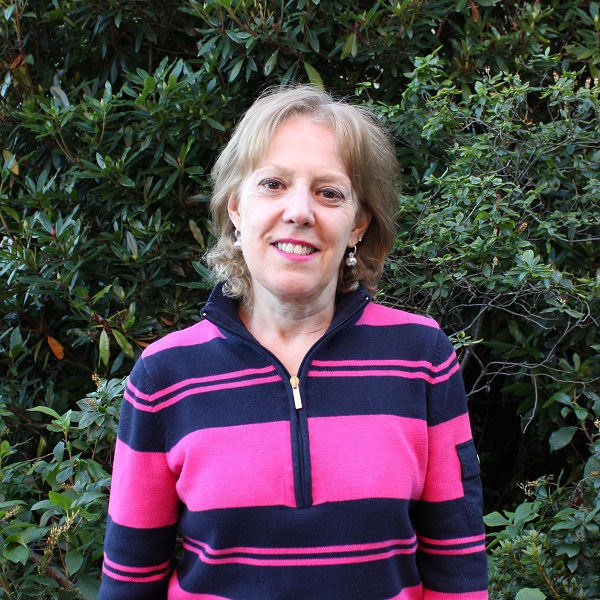
ENGL 3040-01 Advanced Writing: Argument and Collaborative Rhetoric-Listening, Co
Rhetorical Focus: this class focuses on the rhetorical negotiation of conflict, emphasizes listening skills, and explores two different approaches to communication in rhetorical situations involving clashing views and values. Thematic Focus: Our readings will be arguments over climate change: How can we overcome fear and despair? What actions can and should we take?

ENGL 3910-01 Podcasts: Sound of Self and Story
The podcast is an innovative art form that reflects the tastes of its creator and is a vehicle for different forms of content: interviews, journalism, fiction and creative non-fiction, among others. We'll determine how the art of the podcast differs from tradition printed storytelling. We will craft creative prose pieces for audio recording (in singular and serial format) and distinguish the storytelling needs of audio vs the storytelling needs of text. We’ll work individually and in groups to practice the technology behind the art, and in the process, we will be generous with our learning as we teach and motivate each other to create a podcast show.
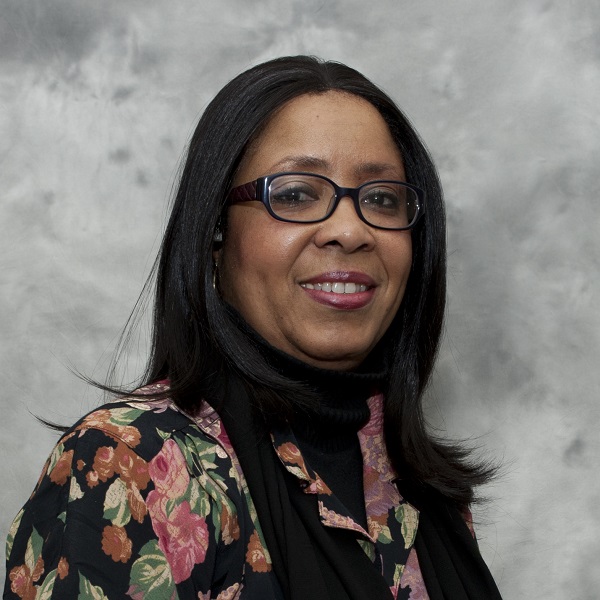
ENGL 3910-03 Twice Told Tales
Spring-boarding from nineteenth century literary works, this course reaches forward in time to pair (and compare) canonical texts with contemporary twentieth and twenty-first century metafiction retellings which probe, promote, and problematize intersectional issues associated with race, class, gender, sexuality/sexual orientation, and more.
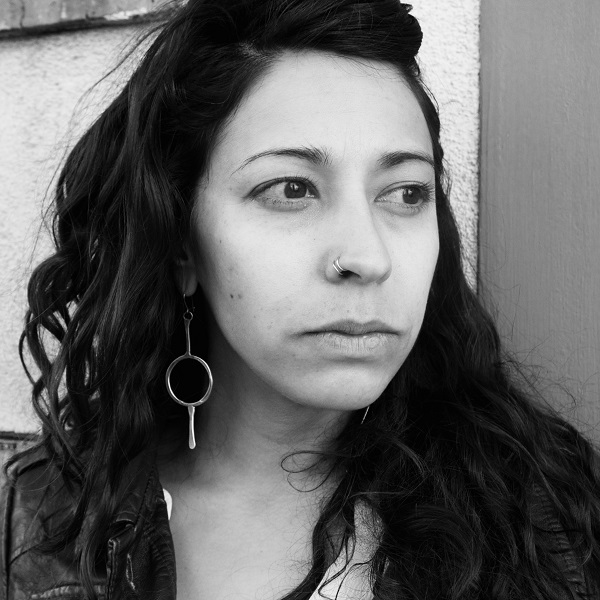
ENGL 3910-04 Queer Experience & Poetic Memoir
In this course we will read poetic memoirs written by queer and minoritarian authors alongside a gentle introduction to contemporary queer theory in order to observe the poetic memoir genre and discover its possibilities. We will create our own poetic memoir projects using creative writing exercises geared at exploring how to listen to and perform the complexity of our own personal narratives. Through encountering a variety of lyric, memoir, interdisciplinary and hybrid modes and experiments, we will articulate, explore and engage the unique possibilities that poetic memoir offers to queer and minoritarian bodies, narratives, experiences and imaginations.
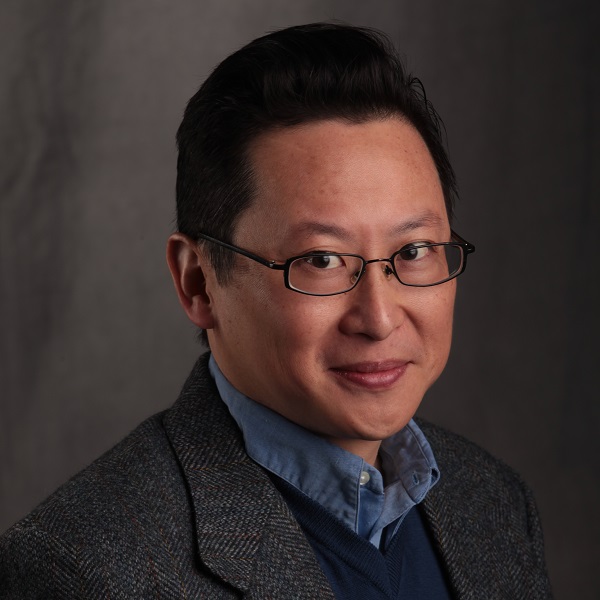
ENGL 3910-05 Extinctions, Futures, and Race
In this course, we’ll explore together contemporary fiction’s urgent treatment of the future at different scales—short-, medium-, and extremely long-term—in the face of environmental collapse, biological and informational viruses, surveillance capitalism, and what one scholar calls “the Americocene … the apocalypse of settler colonialism.” We’ll think together about how the history of race and processes of racialization shape cultural fantasies of the future, and how contemporary literature imagines the future of race and racial discourse itself. We’ll encounter and wrestle with a number of theoretical terms and aesthetic strategies that diagnose the different presents we inhabit and that extrapolate a range of futures on the horizon.
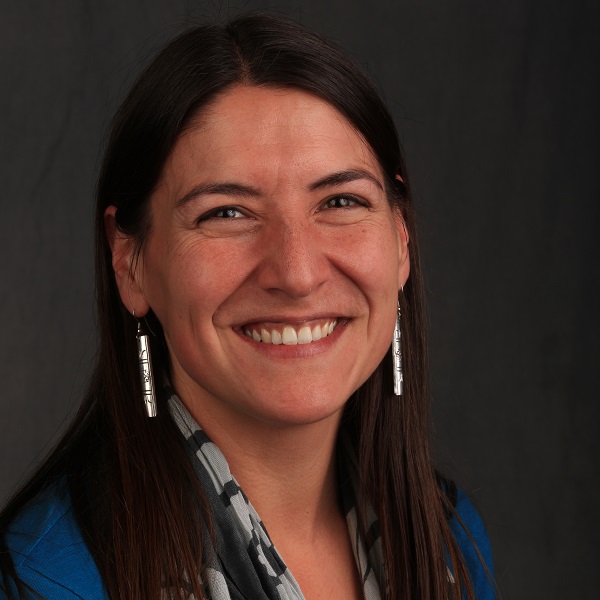
ENGL 4510-01 Indigenous American Literature
In this course, we will study Indigenous oral and written expressions of North America and examine the literary and cultural complexity of Indigenous literatures. Readings and course materials will include oral literatures, poetry, film, and prose from the past and present. The course will focus on how tribal sovereignty, gender roles, cultural traditions, and Indigenous ideologies are expressed in literature and film, but it will also examine a literary (and film) history that often prioritizes colonial fantasies over Indigenous expressions.
Get Involved
Writing Center
Meet your peers, develop your writing (creative and academic) as well as editing and/or research skills, or help other students develop their own.
Fragments Literary Magazine
Established in 1958, we annually publish the best literary and visual art of the Seattle U community. Students can submit work, join the staff, or volunteer. Copies are available in the English Dept.
SUURJ
Developed to highlight undergraduate research, Seattle University Undergraduate Research Journal publishes peer-reviewed student work, offering editorial apprenticeships in a credit-bearing program.
News & Events
-
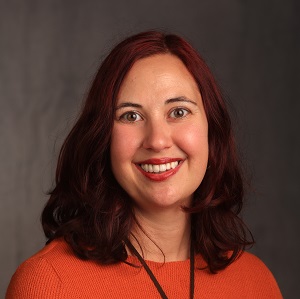
Amplified Heart: An Emotional Discography
Dr. Bryn Gribben talks about her new memoir in this video.
-
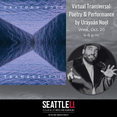
Virtual Transversal: Poetry & Performance by Urayoán Noel
Watch the video of our bilingual poetry event.
Read More about Virtual Transversal: Poetry & Performance by Urayoán Noel
-

Visiting Writers Program
Learn about our Visiting Writers.
Questions?
- Kate Koppelman, PhD, Chair, 206-296-5476, koppelk@seattleu.edu
-
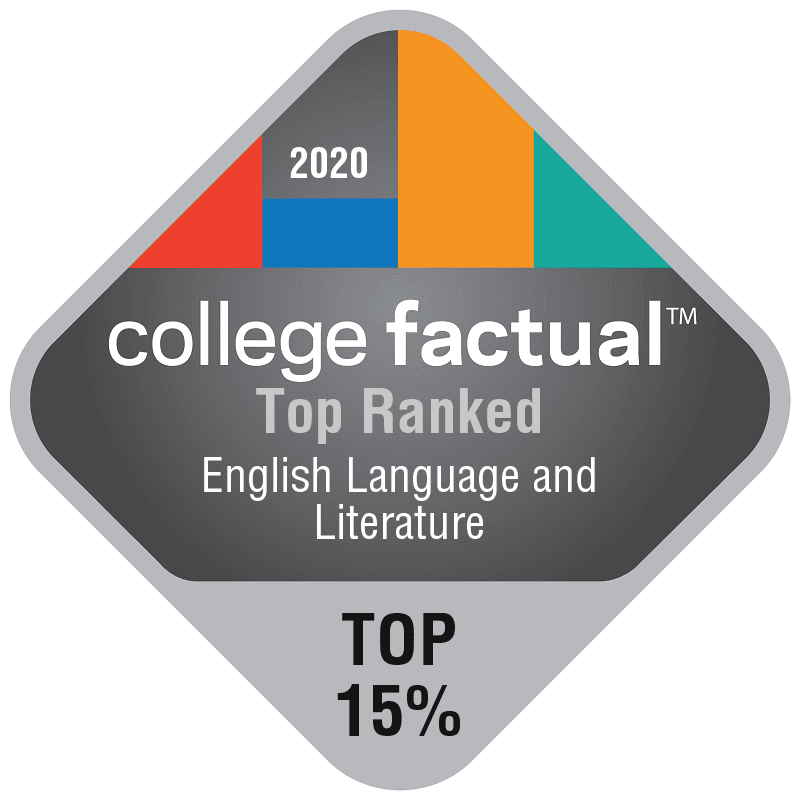
Ranked in top 10%
For English and Literature
-
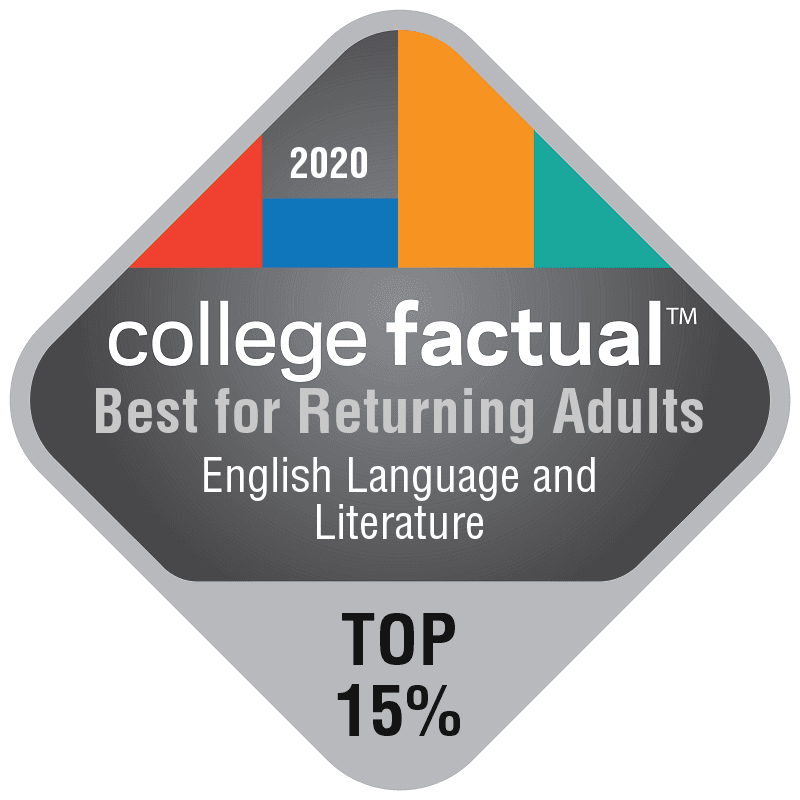
Top 15% Best for Non-Traditional Students
English and Literature